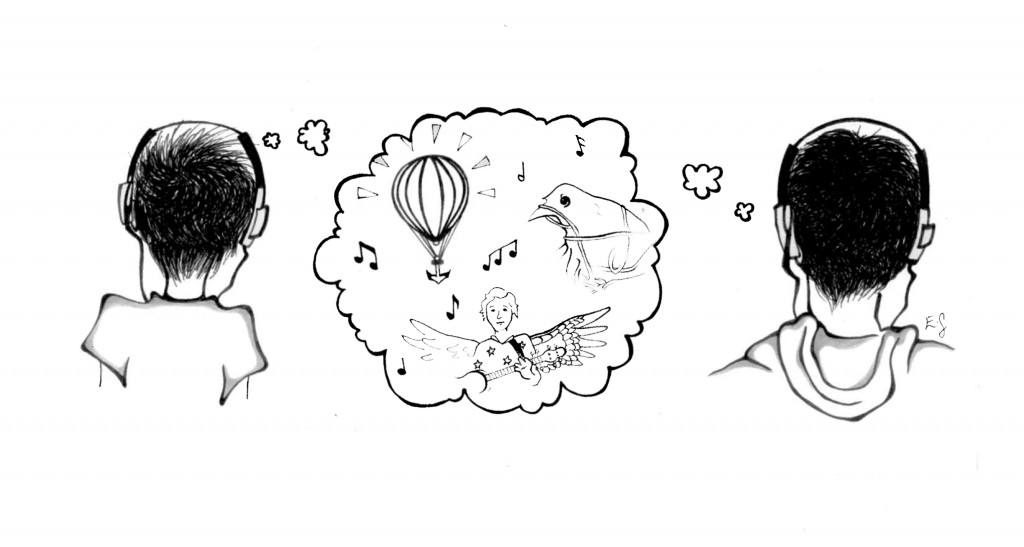A couple of weeks ago, Sufjan Stevens announced that he will be releasing a new album in late March called Carrie & Lowell. The album will be his first studio release—not including Christmas albums—since 2010’s The Age of Adz. The news came shortly after Death Cab For Cutie and Modest Mouse announced new albums of their own, both scheduled to be released in late March as well.
In response to an article on Stereogum about Stevens’ new album, a user on the site commented, “[It’s been] a great week for people who were in college in 2005.” I was not in college in 2005, but it was a great week for me anyway. All three artists were staples for me in my early teens thanks to both a dad who listened to indie rock and exposure to the popular television drama The O.C.—a show that no doubt also exerted some influence on what was being played in college dorm rooms as well.
It’s easy to see why these artists and others like them were so popular with young adults at the time. The lyricism on Death Cab For Cutie’s Transatlanticism (2003) is sad, to say the least. The album’s title is meant to define the emotional gap between two lovers, but the music has a pop sensibility that made it easy to absorb. The same sort of thing can be said about Modest Mouse’s Good News For People Who Love Bad News.
For many people, university is the first time in their lives that sadness, confusion, and uncertainty truly bubble to the surface, and so it is a logical time to turn to this type of music. But when I first listened to these albums, those emotions weren’t what I was feeling. At 13, I had romantic ideas in my head about the pain that these songs aimed to capture, but I didn’t truly feel anything like it myself. I bobbed my head along with the bouncing guitar in “Title and Registration,” but the song didn’t floor me in the way that it does now. I liked the idea of being sad, brooding, and heartbroken because I felt there was something mysterious and intriguing about people who wrote those sorts of songs.
Listening to Transatlanticism now is a completely different experience than it was for me a decade ago. The album hasn’t changed, but I have. When I first heard “The Sound of Settling,” it felt incredibly happy and bright. But when I listen to it now, I can’t ignore the idea of growing old alone and unsatisfied that permeates throughout it.
Who you are in a given moment affects the way you perceive any piece of art. This isn’t necessarily a new revelation for some, but it has been for me. Certain things may seem brilliant to you if they happen to find you at the right time, but can just as easily become schlock once you’re past that moment.
This is perhaps most apparent when going back to watch shows or films you loved during your childhood. While some have staying power, many become tiresome once you push past the nostalgia and sentimental feelings you associate with the content. Even if you’re still able to enjoy them, it is often for different reasons.
Things can work the other way around as well, with art that once barely affected you becoming meaningful years later. Growing up, Bruce Springsteen’s big hits were the only songs of his that I cared about. I never had patience for Nebraska (1982), but now it’s among my favourite Springsteen albums. For whatever reason, I eventually became hooked on the album in a way that would have been unthinkable to me 10 or 15 years ago.
I have no idea if I’ll enjoy Carrie & Lowell. With Sufjan Stevens, it’s a pretty good bet that I will. Regardless, the album will almost certainly mean something to me, and a decade from now it’ll mean something entirely different.








